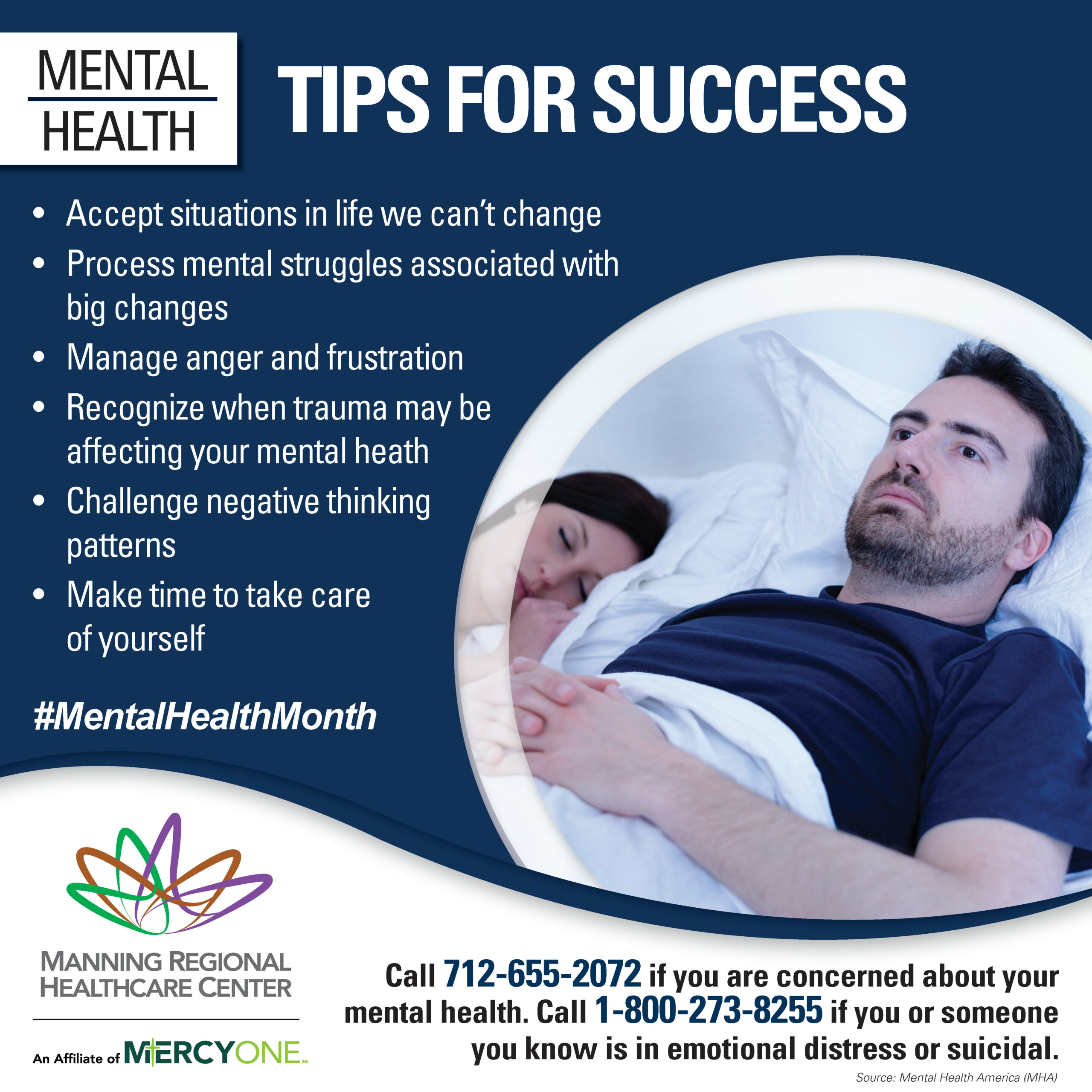“I’m fine…I’m really fine!” The classic and automatic response when someone asks how you’re doing, “But, how are you? Really?”
This is a common response for anyone who faces the challenges of ‘smiling’ depression. It’s appearing happy to others and smiling through the pain, keeping the inner turmoil hidden. It’s a major depressive disorder with atypical symptoms, and as a result, many don’t know someone is depressed or they don’t seek help. This often concerns those who prefer to keep their struggle private.
Unlike the usual stigma of mental health, people with smiling depression are often partnered or married, employed, and are quite accomplished and educated. They’ve usually struggled with depression and/or debilitating anxiety for years and have had some experience with therapy or medication. Many who know they are depressed don’t disclose it due to fear of discrimination from loved ones or employers. Their public, professional, and social lives are not suffering. Their façade is put together and accomplished. But behind the mask and behind closed doors, their minds are filled with thoughts of worthlessness, inadequacy, and despair.
The image many of us have of depression is inaccurate and incomplete.
Take this example for instance. There was a woman that seemed to have it all together. She was a nurse, a mother, a wife, and a sister. She was active in church and several nonprofits and was a mentor to many and loved connecting to people. Was she disheveled, withdrawn, and a downer to be around? Absolutely not. She was encouraging and thoughtful. Did anyone ever ask her how she was doing, if she was hurting, or if she needed someone to listen to her for once? No. The whole community bought in to the façade and could not see the pain hiding just under the surface.
Her life was one-of-a-kind, but unfortunately her story is not. Many who’ve felt the impact of suicide say the same thing: “I just had no idea she was suffering. She was the last person I would have expected to do this.”
How can you help?
May is Mental Health Awareness Month, and Manning Regional Healthcare Center wants to raise awareness about signs, symptoms, and risk factors regarding mental health and how to know when to seek help. Over the past few years, especially because of the pandemic, mental health challenges have skyrocketed, even close to home in the communities MRHC serves.
“Recognizing the signs and symptoms of a mental health condition is the first step to a happier, healthier life.” says, Program Director for Senior Life Solutions, Janet Brus, RN. “Understanding that mental health conditions are common and treatable is the next. We must keep working to break down the stigma against mental health to ensure people receive the help they need.”
- Create awareness to de-stigmatize mental illness. Pay more attention to yourself and loved ones. Ask the hard questions. Specifically, notice if a loved one begins giving away possessions (often a sign of someone considering suicide), or begins to isolate and withdraw.
If you have a friend who suddenly stops responding to phone calls or texts or cancels plans, don’t hesitate to ask them what’s going on and if they’re feeling okay. Or offer a low-key activity you can do together where they know they can be heard and are not alone.
Many people suffering from depression are perfectionists, or they don’t want to appear weak or out of control. The more we can shift the conversation to show positive role models with depression – those who advocate for therapy, exercise, medication, sleep, diet – the less shame will be associated with the depression.
- Understanding the risk factors for a mental health condition can be difficult when it’s your own mental health. It’s hard to see the changes. Take time to ask yourself about any changes in your thoughts, feelings, and behaviors to see if this is part of a pattern caused by a situation affecting the health of your mind. Here are some questions to get you started:
-
- Have things that used to feel easy started feeling difficult?
- Does the idea of doing daily tasks, like making your bed, now feel really hard?
- Have you lost interest in activities and hobbies you once enjoyed?
- Do you feel irritated, possibly to the point of lashing out at those closest to you?
- If you think you or a loved one might be depressed, get help. On the days when your brain seems to be fighting you for your life, remember and know that you are enough, you are worthy, you are loved, and you are not alone.
- Find activities and pursuits that are meaningful and make you feel productive and fruitful. Reach out to someone you trust, consider contacting a therapist and let both help you flip the script running through your mind.
- Rather than becoming submerged in negative, self-defeating thoughts, learn self-compassion and be present and fully engaged. Mindfulness is the opposite of perfectionism in that it focuses on balance without judgment, and it’s an important set of skills that someone can learn in therapy.
- Above all, please don’t give up. Please don’t let depression win. You are not alone.
Around half of the people in the United States will meet the criteria for a diagnosable mental health condition at some point in their life. And an increasing number of people are beginning to see mental health for what it is: a vital component of overall health and well-being, just as important as physical health.
It may be hard to talk about your concerns, but simply acknowledging that you’re struggling is a huge step. If you are concerned about your mental health, several options are available, even locally.
If you need more mental health information, education, or would like to discuss support, please contact your primary care physician at (712) 655-2072. For those 65 and older, call Senior Life Solutions at (712) 655-8262. Or call the Manning Recovery Center at (712) 655-2300 and talk to a professional. To learn more about mental health and available resources visit mhanational.org/may.
(Article adapted from https://themighty.com/2016/05/smiling-depression-what-you-need-to-know/)


